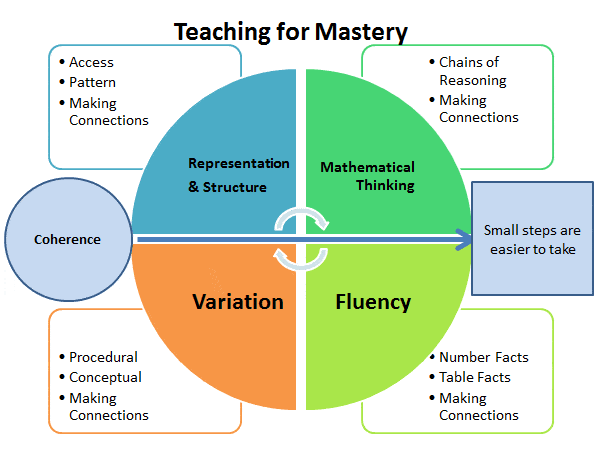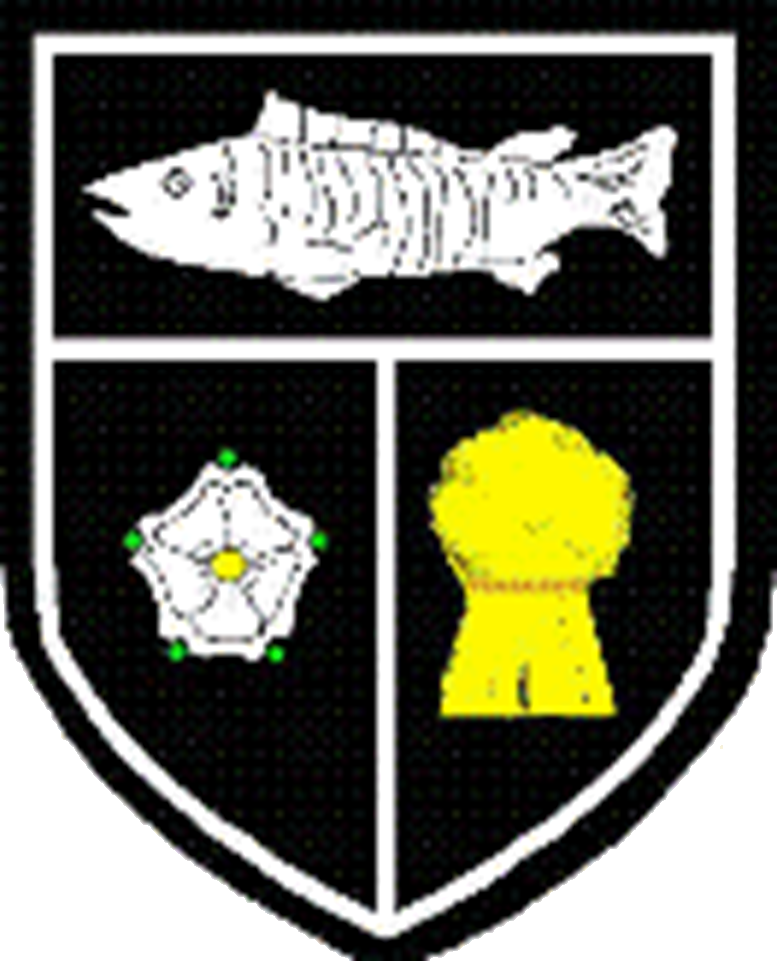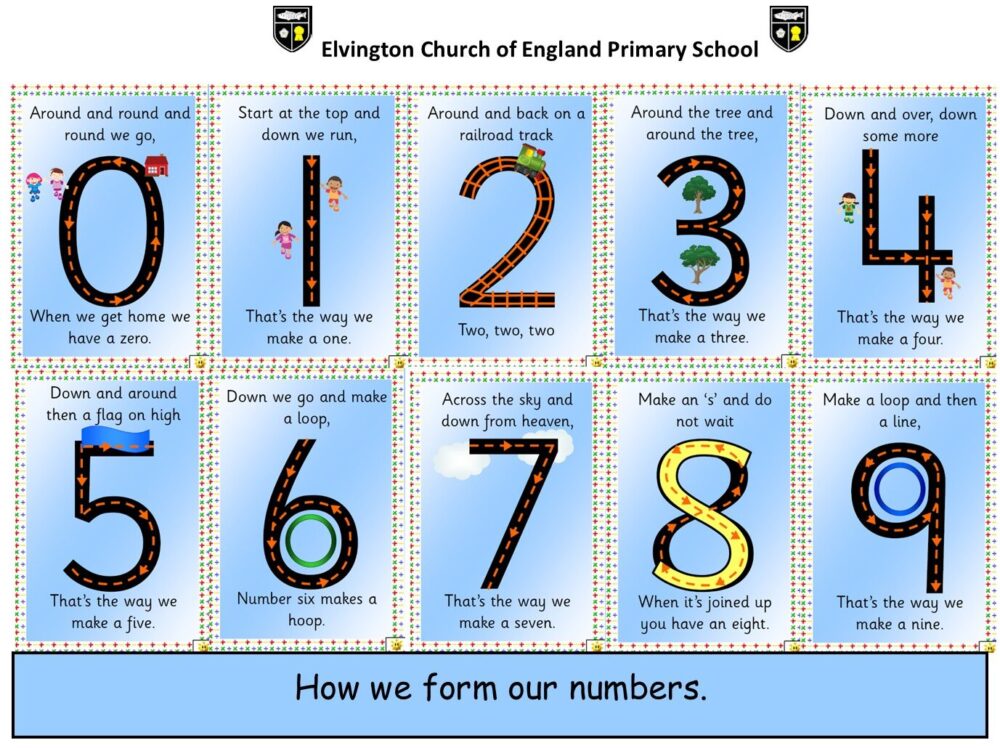Mastering skills and knowledge, to solve real life problems…
At Elvington Primary School, we strive towards shaping able and confident mathematicians who are well equipped to use maths in their everyday life. We aim to provide pupils with a secure understanding in all areas of maths: place value, the four operations, algebra, fractions, geometry, measurement and statistics. Within every area of maths, we ensure that all children are fluent, can reason mathematically and solve problems. When new concepts are introduced, children are encouraged to be able to move fluently between different representations and methods. Once the methods are learnt, children begin to deeper their understanding by applying their knowledge to reasoning and problem solving tasks. The expectation is that the majority of pupils will move through the areas of maths at broadly the same pace. However, pupils who grasp concepts rapidly should be challenged from the outset and throughout a lesson through rich and sophisticated problems.

We encourage children to be independent, resilient thinkers, who develop a positive and enthusiastic attitude towards Mathematics that remains throughout their lives. At Elvington, we endeavour to make maths for children within our school as meaningful and exciting as possible using practical resources, celebrating maths and real life application whenever possible.
Implementation:
Since September 2020, we have adopted the Maths No Problem approach to support our Long Term Planning progression of the National Curriculum objectives from Years 1-6. Units of Maths are planned out across the year with the small steps taken from Maths No Problem alongside. We believe that this method provides a consistent approach of the teaching of Maths across school as it is underpinned by a methodical curriculum design that spirals and builds upon prior learning. Crucially, ideas are revisited at higher levels as the curriculum progresses throughout the year. Teachers then use other mathematical resources to support their planning: White Rose Maths, Deepening Understanding, Mastering the Curriculum and Gareth Metcalf “I see reasoning and problem solving”. Unit lengths may vary where teachers use their professional judgement to add in additional lessons/planning around particular areas.
Teaching across school develops children’s mathematical ability through the CPA approach: concrete, to pictorial and finally to abstract to ensure a deep-rooted understanding. Throughout school we encourage teachers to teach at least one practical lesson each week. This allows pupils to have the opportunities to handle concrete objects and ensure they fully understand the mathematical concept being taught.

When new units of Maths are introduced, initially teachers focus on the fluency. Once this is secure, children move on at their own pace applying their fluency to reasoning and problem solving activities. We ensure that all abilities are challenged and supported through Maths teaching. Higher achievers are challenged from the outset in Maths by being provided with differentiated work to ensure they meet their full potential.
Within Early Years, we believe that is important for children to develop a strong sense of numbers to 10. We introduce 1 number and focus on the number in depth over a course of weeks linking in Shape, Space and Measure. Concrete manipulatives are a key focus within sessions, as is the use of pictorial representations including ten frames, part/whole models. Maths can be found in the areas of provision, so children experience it in a purposeful and meaningful context within their play.


